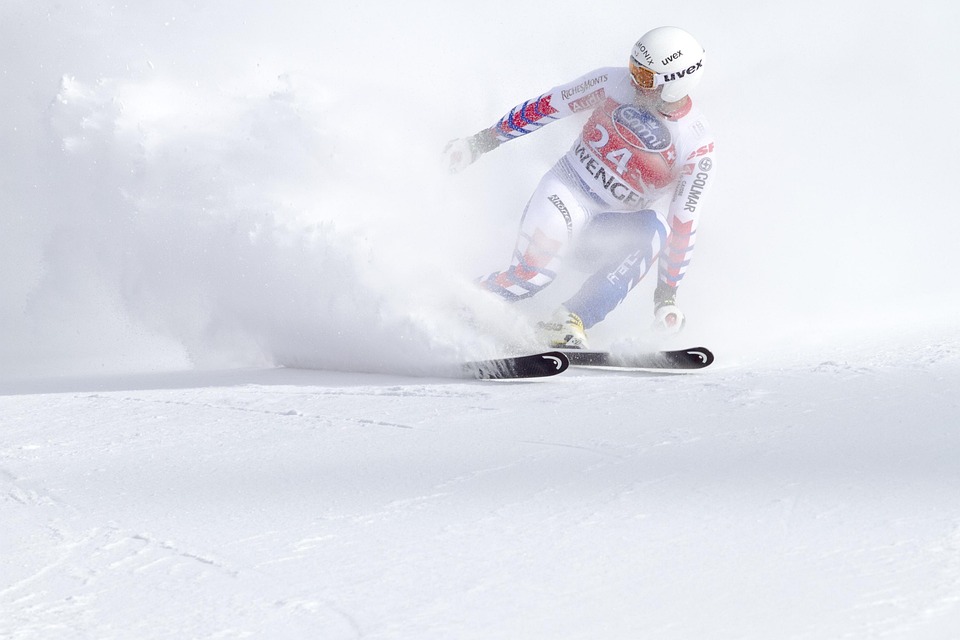Essential Skills and Responsibilities for Sports Scientists: A Shortage Occupation with Promising Career Prospects
In today’s dynamic landscape of sports and exercise science, the role of a sports scientist has never been more vital. As the demand for performance optimisation and injury prevention grows, so too does the need for qualified professionals in this field. But what exactly does it take to thrive as a sports scientist, and why is this profession rapidly gaining traction in the UK job market?
1. Core Competencies
First and foremost, a sound foundation in the sciences—particularly biomechanics, physiology, and psychology—is paramount. Sports scientists must be adept at analysing complex data to derive meaningful insights that can enhance athletic performance. Proficiency in statistical analysis software, such as SPSS or R, is often a prerequisite, allowing for the interpretation of research findings and their application to real-world scenarios.
However, technical skills alone won’t suffice. Effective communication is crucial. A sports scientist must convey intricate concepts not just to fellow professionals but also to athletes and coaches who might not possess a scientific background. The ability to simplify jargon and foster understanding is an invaluable asset in this role.
2. Responsibilities That Matter
What does a typical day look like for a sports scientist? Responsibilities can vary widely but often include:
- Conducting Research: Engaging in cutting-edge studies to explore new methods of performance enhancement and recovery.
- Performance Analysis: Using technology to monitor athletes’ metrics, identifying strengths and weaknesses.
- Developing Training Regimens: Customising training programmes based on individual athletes’ needs, ensuring they are tailored for optimal results.
- Injury Prevention and Rehabilitation: Collaborating with physiotherapists to devise strategies that reduce the risk of injury and facilitate quicker recovery.
This multifaceted role not only requires a deep understanding of sport but also a proactive approach to problem-solving. The ability to adapt training methodologies based on the latest scientific evidence is essential.
3. The Shortage Dilemma
Interestingly, despite the increasing demand for sports scientists, there remains a notable shortage of qualified professionals in the UK. The UK government has recognised this gap, designating sports science as a shortage occupation, thereby streamlining visa processes for international applicants. This recognition is a beacon for aspiring sports scientists, as it highlights the profession’s significance in enhancing athletic performance and overall health.
Why might this shortage exist? It could be attributed to various factors, including the rapid evolution of sports technology and the increasing importance placed on data-driven decision-making. As more organisations recognise the value of scientific input in sports, the demand for skilled professionals continues to rise.
4. Future Prospects
Looking ahead, the career prospects for sports scientists appear promising. With the rise of esports and the growing emphasis on physical health and mental well-being, opportunities are expanding beyond traditional sports. Roles within fitness organisations, rehabilitation centres, and even corporate wellness programmes are on the rise, offering diverse pathways for career advancement.
Moreover, as the UK prepares to host major sporting events, the spotlight will shine brighter on the importance of sports science. This could lead to increased funding and investment in research, further solidifying the role of sports scientists within the athletic community.
Navigating Your Future
Embarking on a career as a sports scientist is undoubtedly an exciting venture, filled with opportunities to make a significant impact. As you explore this path, it’s worth noting that platforms like Visajob.co.uk are dedicated to supporting you in securing employment in the UK, especially in roles requiring sponsorship. With the right skills, dedication, and a bit of guidance, a rewarding career in sports science awaits.




